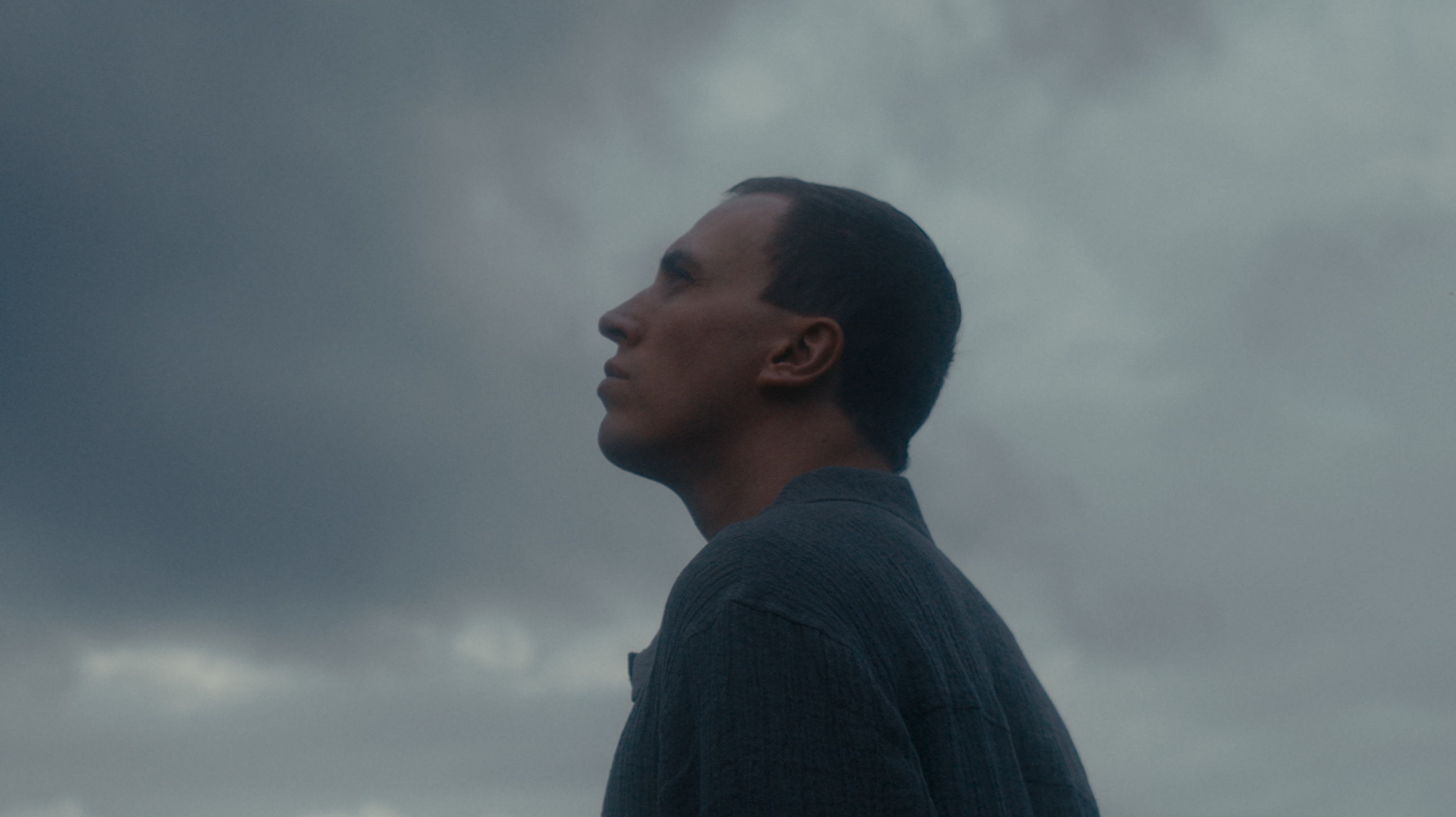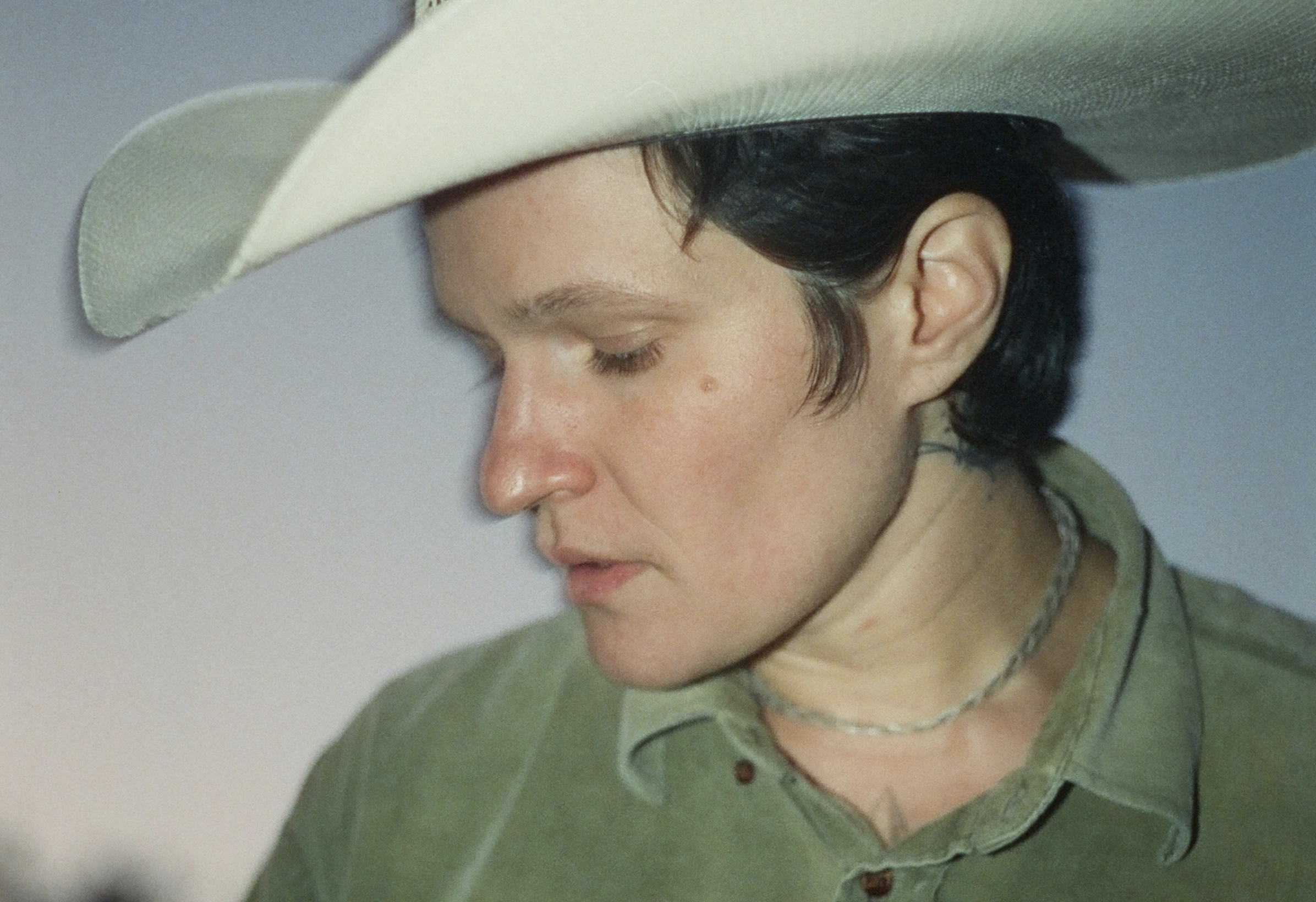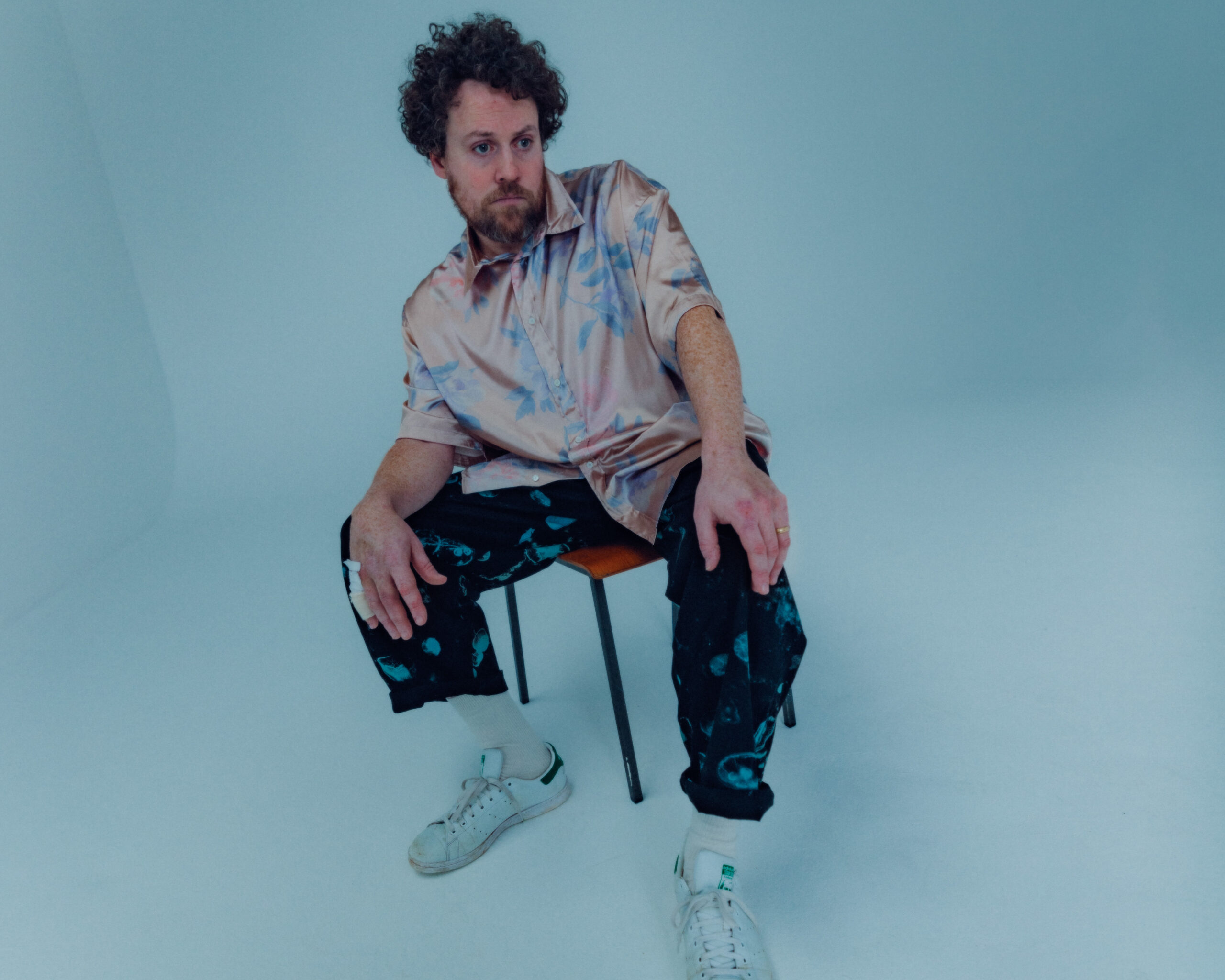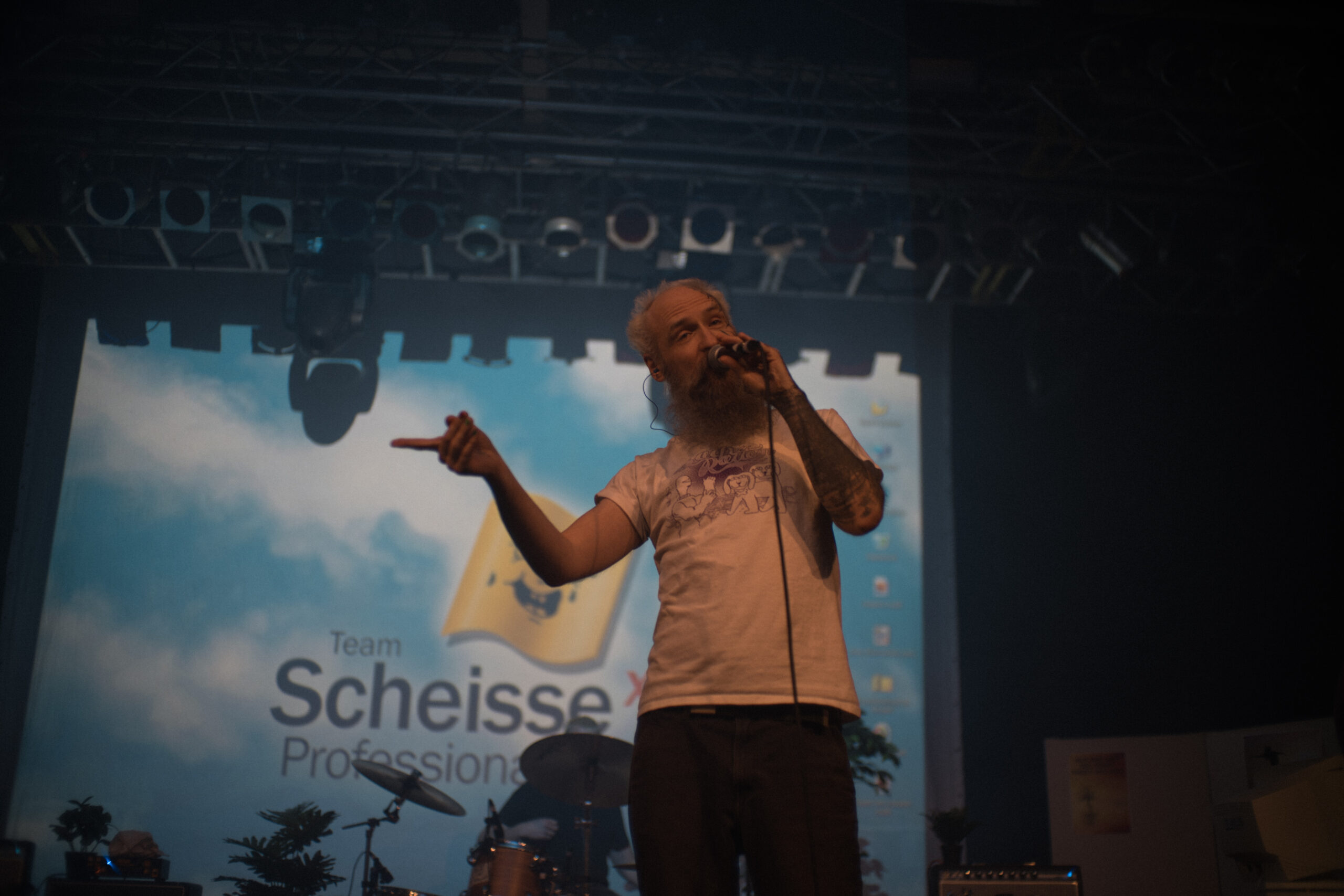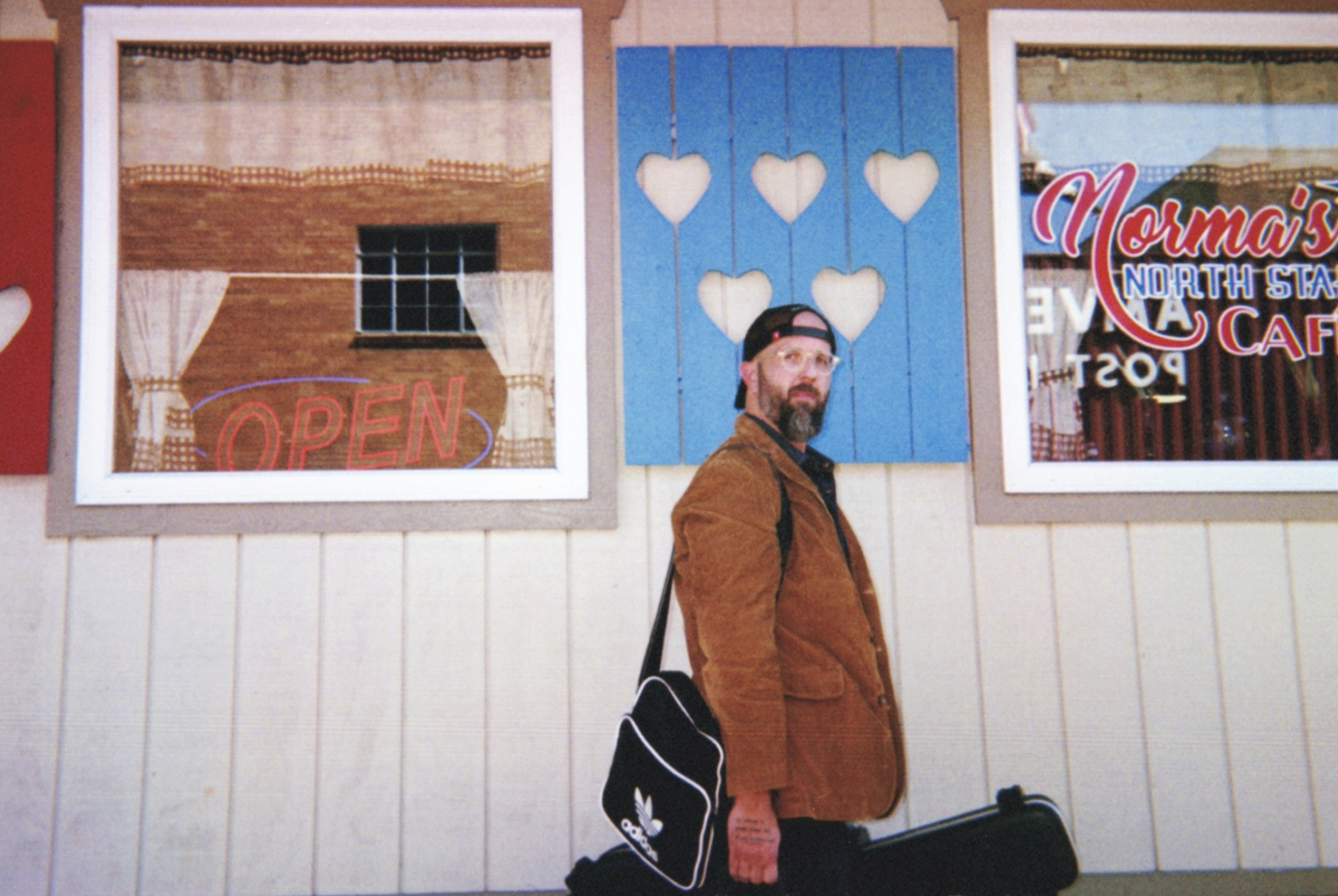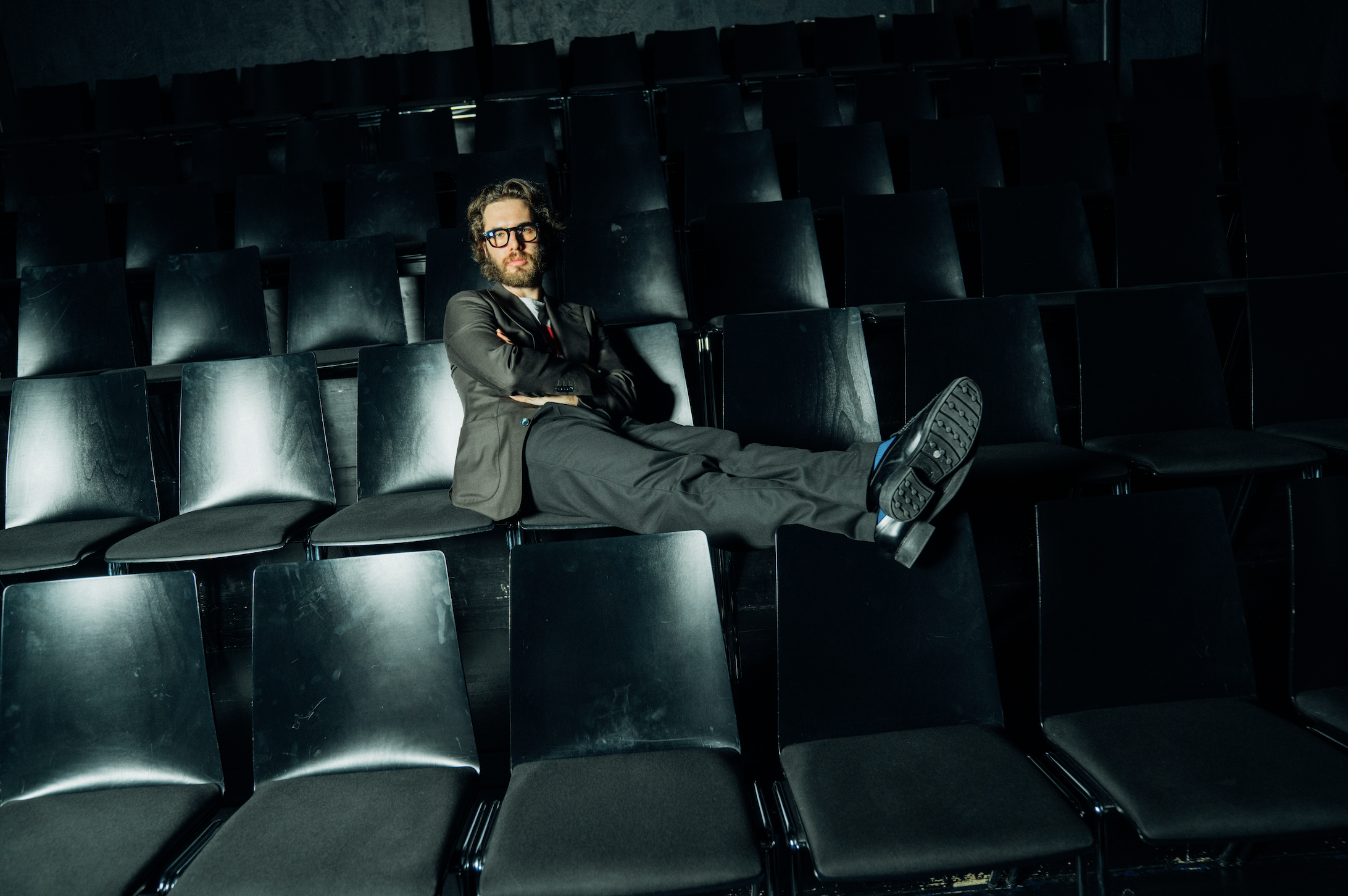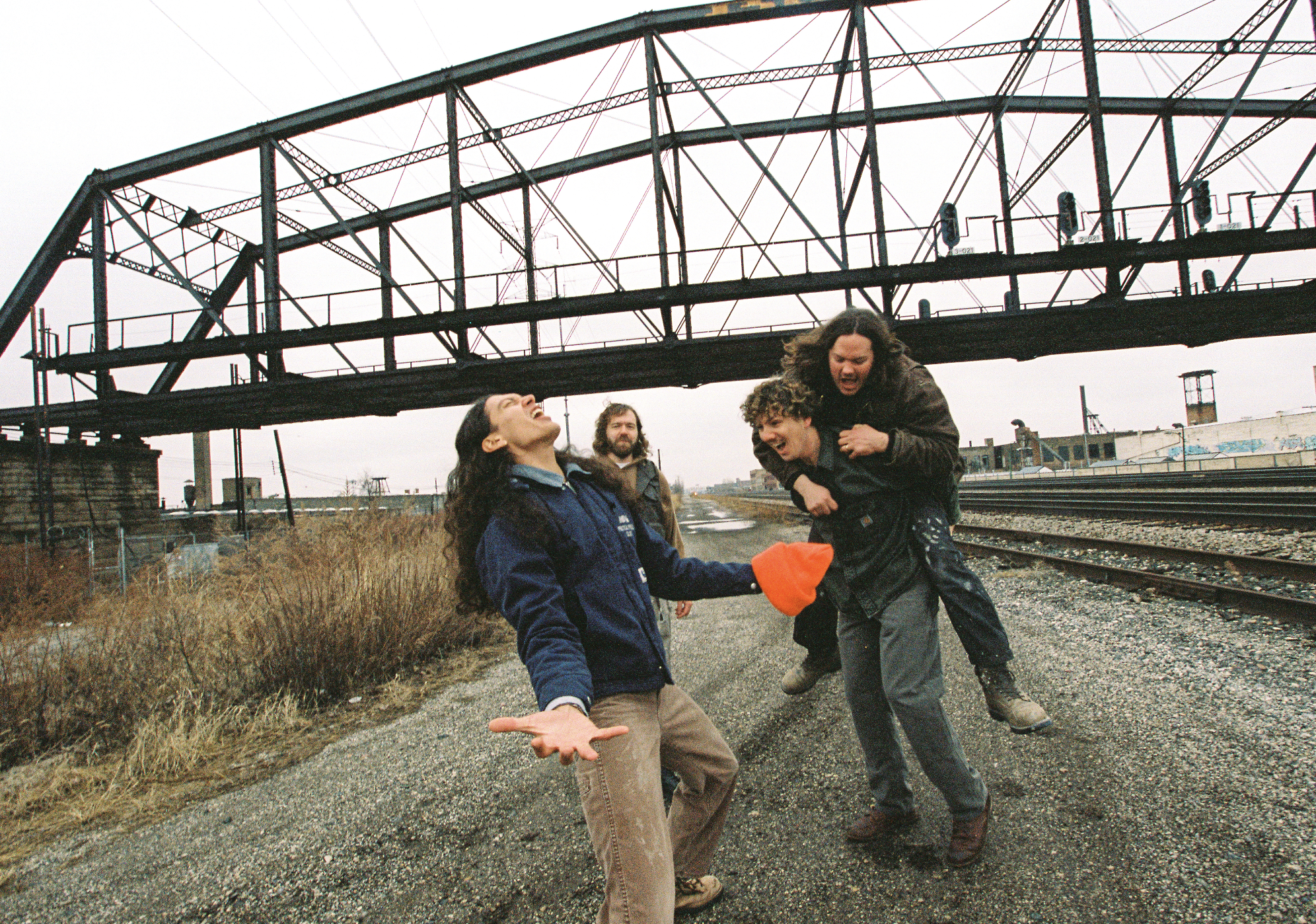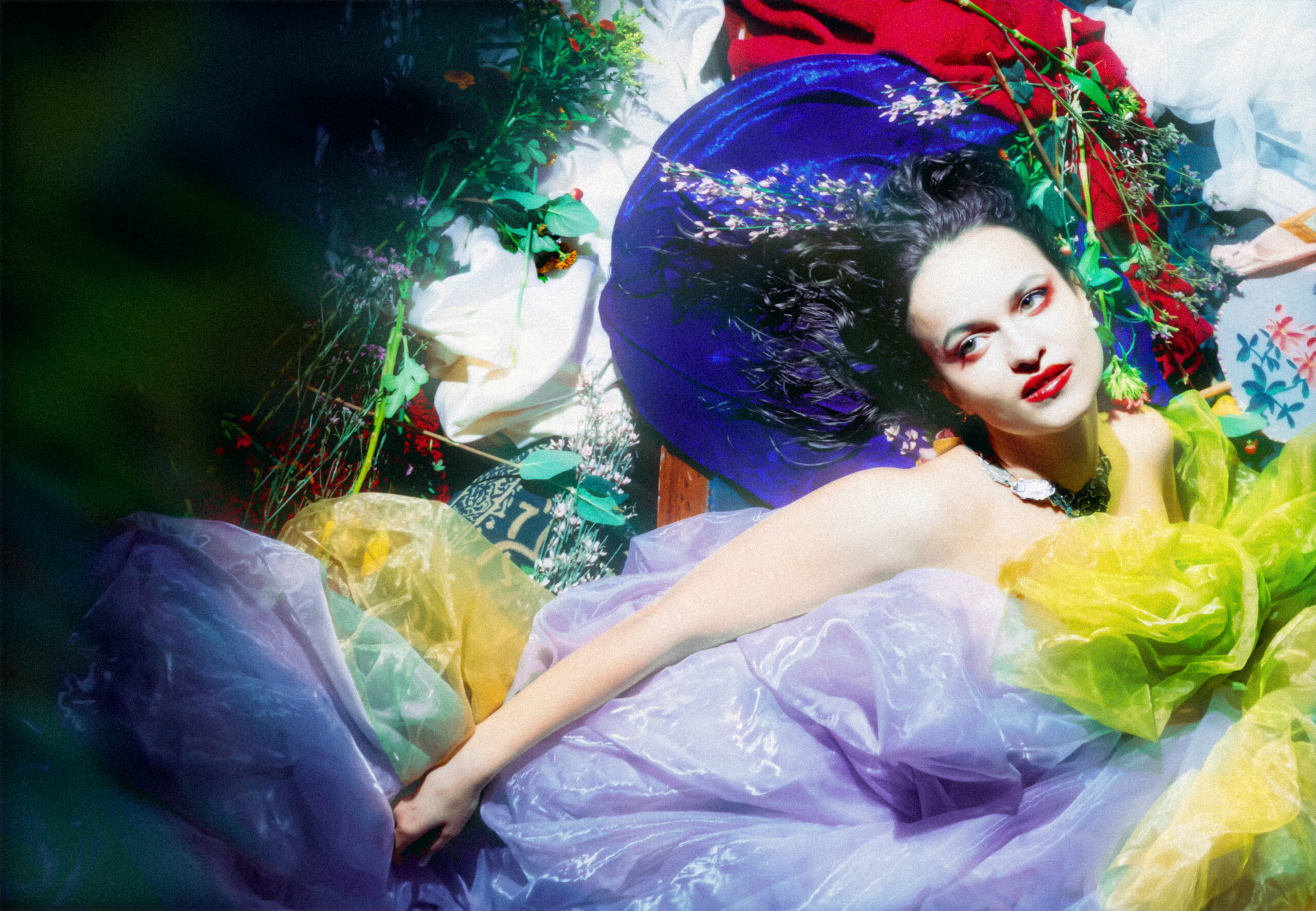Foto-Credits © Jess Gleeson
Die Australierin Alex Lynn, aka Alex The Astronaut, ist in ihrer Heimat längst ein Star – obwohl ihr Debütalbum The Theory of Absolutely Nothing erst heute erscheint. Schuld daran sind ihr folkiger Sound, ihre persönlichen Texte, aber auch ihr damit verbundenes politisches Engagement. Alex The Astronaut ist eine Künstlerin mit Profil. Sie studierte Mathematik und Physik mit einem Fußballstipendium in New York und nahm in den Semesterferien in Australien ihre Songs auf. Ihre Feinfühligkeit paart sie mit Ehrlichkeit, ihr Song Not Worth Hiding wurde zur Hymne der australischen Bewegung zur Gleichstellung der gleichgeschlechtlichen Ehe. Ihre Songs handeln von ihren Gefühlen und Beobachtungen, von Wandel, Freude und Schmerz. Dabei denkt sie über den eigenen Tellerrand hinaus, für I Like to Dance hat sie beispielsweise Mitwirkende von Hilfsorganisationen interviewt und echte Geschichten von Frauen verarbeitet, die Opfer häuslicher Gewalt wurden.
Wir haben im Juli mit Alex The Astronaut telefoniert und eine gut gelaunte, witzige und sympathische junge Frau kennengelernt. Im Interview erzählt sie, wie sie ihre Songs und Performances in ihrer Zeit in New York verfeinern konnte, bevor es in Australien ernst wurde, warum es am schwersten für sie ist, vor Menschen zu spielen, die sie gut kennen und wie sie versucht, mathematische und künstlerische Herangehensweisen in ihrem Schreiben zu kombinieren. In ihren Antworten reflektiert sie immer wieder die merkwürdigen Situationen, die ihr Beruf mit sich bringt: dass Millionen von Fremden ihre intimsten Gedanken kennen und sie mehr Reichweite hat als viele PolitikerInnen – und wie daraus eine Verantwortung wächst, die nichts mit Geldverdienen zu tun hat. Man muss Alex The Astronaut einfach mögen – tolle Musik macht sie dabei auch noch.
Lovely to meet you over the phone – since we all can’t travel, it’s fun to at least talk to people from all over the world!
It’s so interesting! I’ve spoken to the Netherlands, I’m speaking to you now, I’ve done recording sessions with America. It’s like a whole new world.
That’s interesting, you’re just about to release your first album The Theory of Absolutely Nothing, but you’re already recording new material?
I probably shouldn’t have told you that [laughs]. We recorded most of the songs for The Theory of Absolutely Nothing a year and a half ago. They’ve been a long time coming and it’s exciting that they’re all going out now.

You have published two EPs, singles, and a live album. When did you decide that it was time for a studio album? Have you been saving songs for the album or was it all in chronological order?
I started recording properly when I was in university in America. I was coming back to Australia every four months with the ends of the semesters and record. That was one the reasons why I did two EPs as I was writing songs, recording them quickly and we would release them. When I finished my degree in 2017, I came back to Australia and started touring. We released a few singles and that was when we recorded the album. It all sounds a bit disjointed, but for me, it felt pretty quick. Once I was home from touring, we recorded half the album, then I went back on tour again and then we recorded the other half of the album.
It shows that from the very beginning you have been publishing in your own pace and on your own label. Have you always wanted to be as independent as possible?
In the beginning, I didn’t really know how releasing worked. I didn’t have a preference. With my managers, we chose to be independent, because I was in university and I didn’t have a lot of flexibility. I was playing soccer and I was obligated to do trainings and games, otherwise I would have lost my scholarship. If I would have signed with a major label, they probably wouldn’t have taken those things into account and I would have gotten myself into some messy times. There wouldn’t have been as much control as with an independent label. And I really liked it, so it stuck and made sense for me as a person and a musician.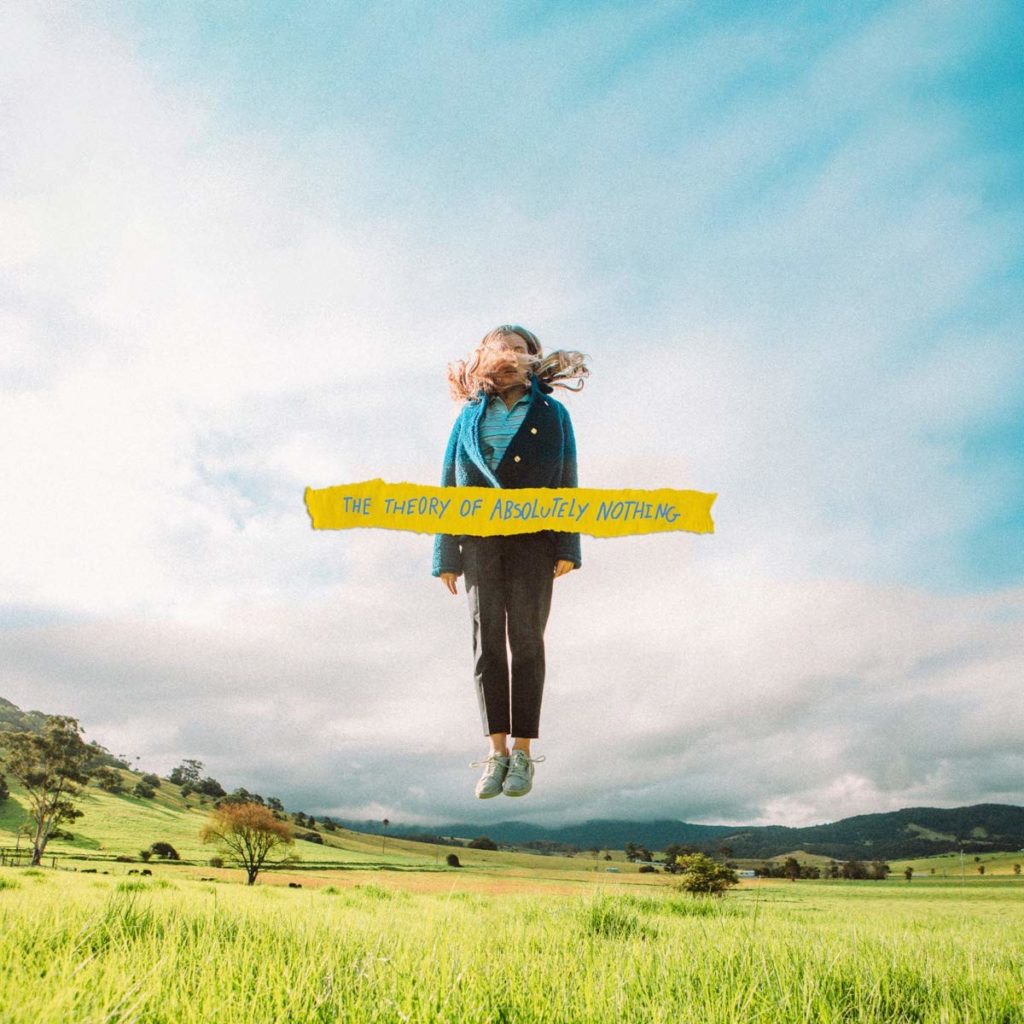
You played soccer and studied science in New York, your music career took place in Australia: It sounds like these parts of your life at the time where very separated, two different realities almost. Was that your intention, was it really that separated?
Yes, my professional music life was in Australia, which was strange for me. I had done small folk bar shows in New York and I obviously was pretty obsessed with music. I was trying to record with friends in New York, I tried to play shows. But with soccer, I wasn’t allowed to play so many. It was a very good part of my skill development, because I was very far away from people that I knew. The hardest thing to do is to play shows to the people that know you best. They can see through anything you’re putting on; they see any kind of nerves that you have. I was lucky to have a little escape training on the other side of the world. When I did come back to my professional music life, I felt trained and I felt comfortable in those performances.
Has there been a point in your life where you had to decide which talent to pursue: soccer, science, or music?
I never thought that soccer would be my profession. I was never good enough to be a professional soccer player. I just really enjoyed it and it was a big part of my growing up. I liked physics and science, too, but never as much as I liked music. I looked in doing medicine, but I was scared of blood [laughs]. I tried to do my masters in Global Development last year, but I really struggled and quit. I think, I will go back and study at some point, but music is my favorite thing. I’ve always been a bit of extra-level-obsessed with it compared to anything else. There’s some effortlessness, it’s still hard work, but it doesn’t feel like it.
Your music is very folky and doesn’t have the very exact and structured sound you could expect from someone with a science background. Do you enjoy the contrast to your creative work, or do you integrate this exact and logical way of thinking into your music?
The nice part about math and physics for me is that there is going to be an answer. Even if you get it wrong, it’s not going to be grey. There are ways you can learn how to get a result. Whereas with music, there is an infinite number of answers. You have to integrate the skill of being able to come up with an answer and not panic about getting it wrong or that something is not working. You also have to use the other part of your brain that is very creative and abstract, and you have to go with it. It’s an interesting dance to do constantly. Trusting your gut and using the skills that you develop as a scientist and round up the edges – that’s it, I guess.

The title The Theory of Absolutely Nothing is an interesting choice for someone who studied exact sciences.
I was looking at the theory of everything and making this album I came to the conclusion that I didn’t know very much. I felt new at everything. I had a physics degree and a math degree, I felt super-duper smart and that I could do anything. When I was writing the album, I got to that point in my early 20s when I realized I don’t know much at all. And that was a very good thing for me!
How would you describe the overall aesthetic you were going for? Does your album have a creative motive, so to speak?
It’s a growing-up-album. Most of my songs are about what I’m experiencing in my life at this moment. I wrote that whole album when I was 23, finishing my university degree, moving across the world, starting a completely new career with something I never had any experience in and no one I knew had any experience in – putting on tours and shows and having a whole lot of life changes happening. I met so many different people in so many different places and I had experiences I never expected to have in my life. And the album is the music that bled out from that happening.
Although it’s your first studio album, you’re already quite well-known, the album is very anticipated. Was it good to know that people already love your work making the album?
It’s coming out in August, so we don’t know yet. It’s good and it’s bad. I grew up learning how to write songs in my bedroom on my own and only playing them to myself. When I graduated and came home and jumped into a music career, it was amazing and I’m so grateful, but it changed how I wrote. This audience has never been there in my bedroom. I almost had to try and go back the other way and just pretend that no one is going to hear the songs, that it’s between me and me. On the other hand, it’s good to know that the songs are going somewhere, I get to play them on a stage and that I’m going to get feedback from people on how they’re experiencing what I’m writing themselves.
From an outsider’s perspective it seems like the step of taking the intimacy of very private songwriting into the public came with Not Worth Hiding. The song is an incredibly intimate open letter to your 16-year-old self and became the unofficial anthem of the Australian Vote Yes movement and an important song for the LGBTQ+ community. Did it change your perspective on your work to see how big the influence of your personal experiences can be?
Yes, I wrote Not Worth Hiding when I was having that shift. I had a song called Already Home coming out and that had been successful and played a lot on the radio in Australia. It was in between me being in America and coming back to record when I was thinking about what to write. I was one of the only gay kids in my soccer team in America, there were still struggles within my life about being gay. It was early 2017 and I could see there wasn’t very much shift going on in Australia at that time. It was before marriage equality and I was frustrated. I wanted to write about something that really mattered to me. I thought: “Just talk to yourself about what you would want to hear, if you were a 16-year-old-kid and you’re experiencing what I experienced when I was 16”. It was strange and it still is strange for people to know that story, because it is so personal and now I sing it all the time and I will probably sing it for the rest of my career. It’s like having your diary out in front of millions of people.
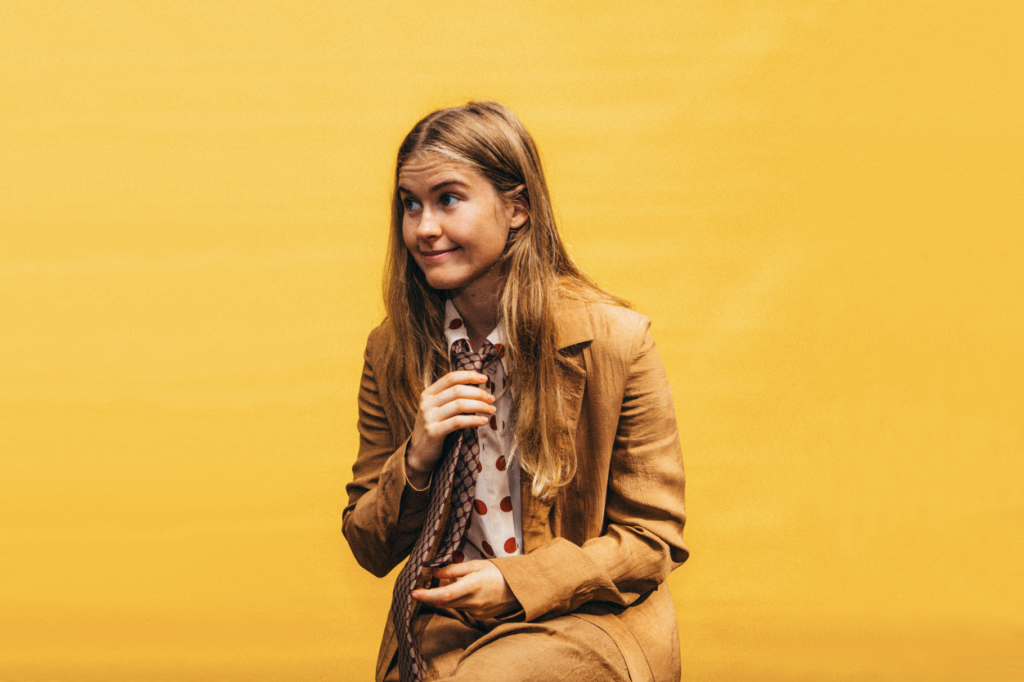
Your work is very political, your social media is very political, …
With Not Worth Hiding it was what I was experiencing. Young people today are extremely politically minded because there are more stories being shared. Because of the internet we can see so many different people’s stories. The word political has been messed around so much, it sounds almost negative. But it is the right word. It’s a generation of people, who want a lot of change. We’re living in very unprecedented time and that’s scary. The best way to connect I know is through writing and through stories and that’s music for me.
I would say, your engagement goes beyond that. I’m impressed how personal it is. You’re collecting stories for pride month on instagram, you shaved your hair to buy protective gear for medical workers in the pandemic, you support the Black Lives Matter movement. That’s more than donating some profit, you’re personally involved.
I feel like I have a responsibility. Not many people are heard by millions of people. My songs have a lot of listens. The amount of access that artists have is hard to conceptualize. We have more access to people than most politicians in the world. Beyoncé would have more voters than Donald Trump. I think that gives us a great deal of responsibility that we haven’t asked for. Our specialty is writing songs, but we have to get on board with the fact that we have a form of power and we have to use it in a way that’s helpful for other people and not just making money from it. For me, it feels strange making money of songs. It’s something I do in my bedroom and really like it. I like playing shows and experiencing music with other people but making a whole lot of money is not why I’m here. I’d rather raise money for someone else that really needs it.
Thank you for the interview!

